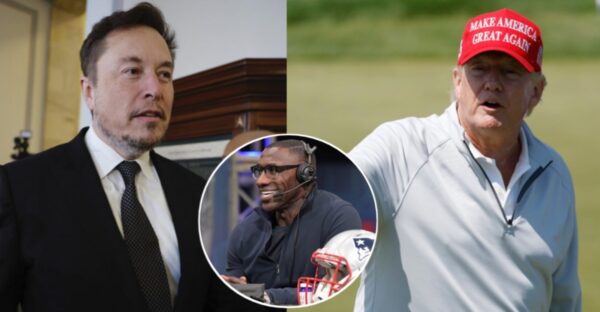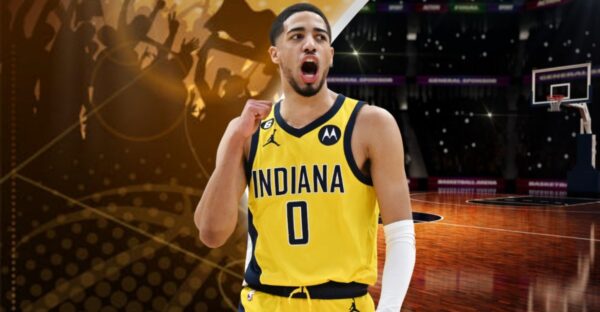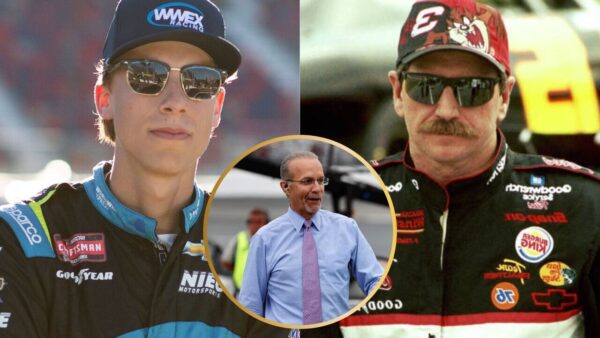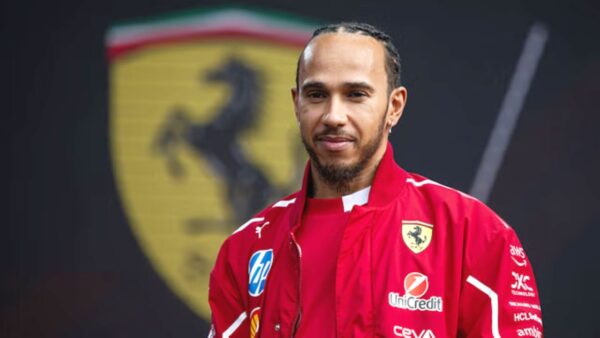Christian Horner details how Max Verstappen’s 2023 dominance elevated energy drink sales significantly
Max Verstappen is now already the 3rd most successful driver in the history of the sport.

Max Verstappen after Las Vegas GP win (Via IMAGO)
Red Bull Racing and Max Verstappen have orchestrated a symphony of ruthless dominance in the 2023 season. Red Bull and Verstappen have clinched their consecutive titles this season in the most dominant way known to the sport. The 26-year-old driver, in a display of relentless prowess, secured 19 victories and 21 podium finishes in 22 races, etching his name in the history books.
Verstappen’s staggering 575 points and a 290-point lead over his closest competitor, Sergio Perez, have undoubtedly cast a spell on Red Bull’s fortunes. The Dutchman’s audacious performance has become a beacon of success for Red Bull, translating into a marketing phenomenon for the energy drink giant. As team principal Christian Horner aptly puts it;
We’re the biggest marketing impact that the beverage company has.
Horner, in his candid explanation speaking on CNBC’s documentary “The Inside Track: The Business of Formula 1,” underscored the connection between on-track triumphs and off-track sales. The correlation between Formula 1 success and the brand’s global advertising impact is a testament to the age-old saying, ‘Win on Sunday and sell on Monday.’
They see it, they can measure it. It’s incredible the amount of consumption of Red Bull that is happening.
Red Bull’s dominance is not merely Max Verstappen’s virtuoso performance; it’s a synergy of exceptional aerodynamic efficiency, strategic brilliance, and a car that outpaces the competition. The F1 car’s prowess in generating downforce without sacrificing speed has given Red Bull a substantial advantage, consistently placing them ahead of the pack.
Red Bull holds tight competition in the energy drink market
While Red Bull celebrates its triumphs, the energy drink market is not without challenges. With newer players like PepsiCo entering the arena, Red Bull’s market share has faced a slight dip from 13.5% to 13%. Yet, the F1 “uplift” remains palpable, particularly in race markets. In the fiercely competitive energy drink landscape, Red Bull continues to hold the second-most popular position globally, trailing only Monster Beverage.
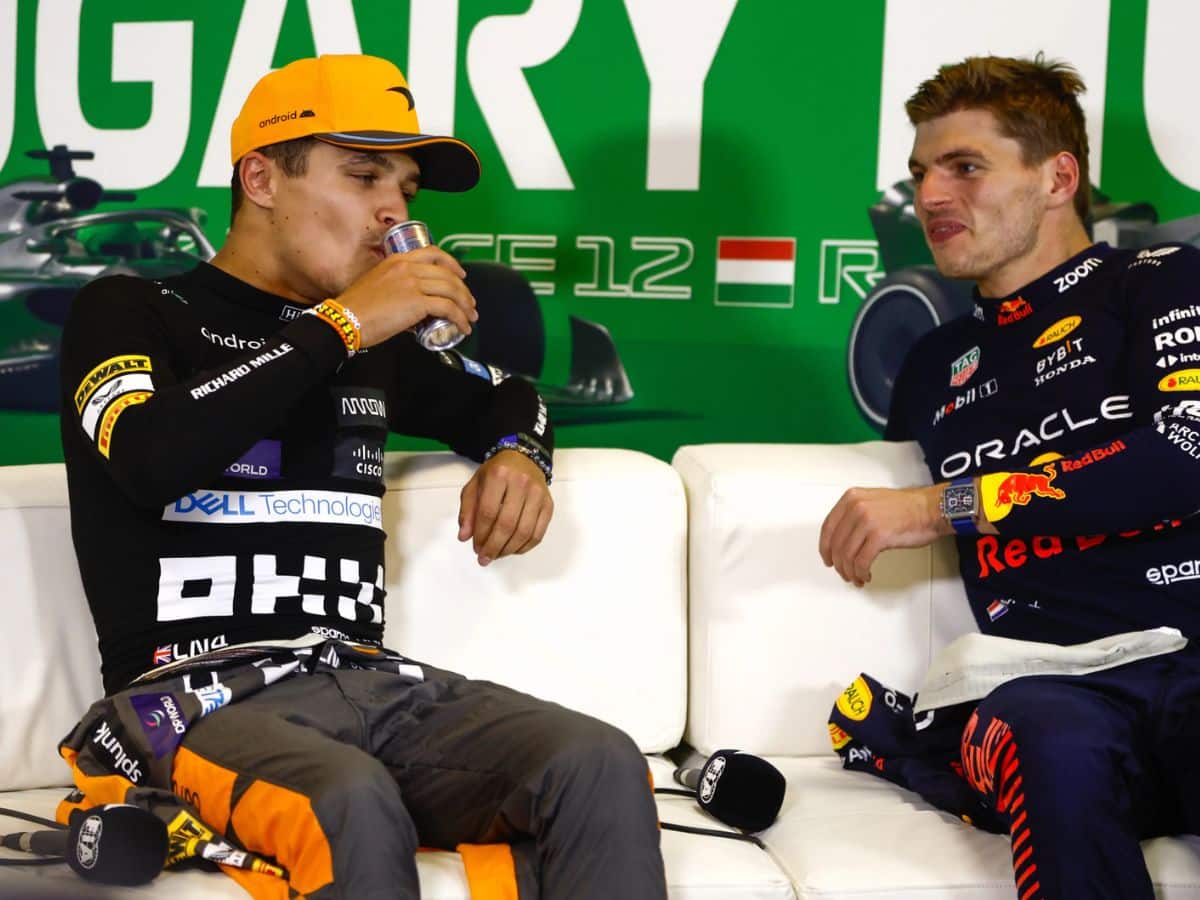
In the fast lane of beverage giants, Coca-Cola and Pepsi’s foray into energy drinks serves as a backdrop to Red Bull’s success story. Horner’s emphasis on the marketing impact during 23 race weekends a year reinforces Red Bull’s position as more than just an energy drink—it’s a global phenomenon fueled by the thunderous roar of F1 engines and the sweet taste of victory.
'Twas the night before Q4 and all through the house…
— Findymail (@findymail) November 24, 2023
Sales teams were pounding Redbull and gearing up to close the year strong.?
Need some help connecting with those targets? Give yourself the gift of verified contact data with Findymail.
? https://t.co/rEYiPMBlSL pic.twitter.com/nX46nJa3E6
As Red Bull Racing gears up for the winter, it is evident that Max Verstappen’s dominance not only secures championships on the track but echoes in the clinking of Red Bull cans around the world. The marriage of speed, strategy, and marketing brilliance has etched Red Bull’s name not just in racing history but in the annals of business success.
In case you missed it:
- FIA President insists he’ll ‘bring Michael Masi back’ into F1
- “Hiking, cross-country skiing…,” Lewis Hamilton sheds light on off-season plans ahead of 2024

